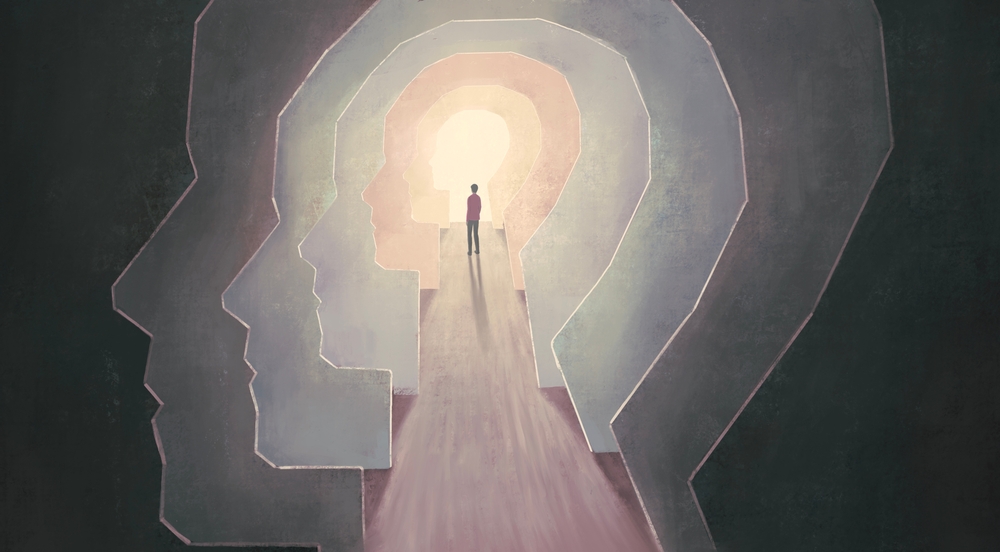
Mindfulness is such a buzzword. We all want it, but our ability to achieve it is fleeting. We fear that life is passing us by, and as the world moves faster and faster, life in the present moment seems more difficult. But while mindfulness is the key to happiness, mind wandering is the key to our survival as a species.
The evolution of the wandering mind
According to Michael Graziano, professor of psychology and neuroscience at Princeton University, we have indeed evolved to have attention, an extremely important process in the brain that has taken millions of years to perfect. “Directing your attention to external sensory events happening in the moment is of great importance during fight or flight,” says Graziano.
But its other side is also important. When our mind wanders, that too, Graziano says, is important to our survival. Most of our time is spent between fight-or-flight moments, and humans have long used this time to absorb information.
“It’s partly about remembering how to survive a saber-toothed tiger, but it can also be about social interactions,” Graziano says. “There’s a lot of value in the experience, as long as you don’t do it the moment a tiger attacks you.”
Our evolution is largely dependent on the complex social creatures we have become. Survival as a human depends on our ability to work as a team and understand social dynamics. Most of the time when our minds are wandering, we are thinking about past and future social interactions and how to conduct them. And this mechanism is not accidental.
“We’re thinking about how to interact better with the people we know,” Graziano says.
The downside of survival
The most important thing about being human is the ability to switch between these modes, from attention to the present to that of the past and future, combining all this information to better take charge of the day.
Emiliano Bruner, a paleoneurobiologist at the National Research Center for Human Evolution in Burgos, Spain, says this dichotomy between past, present and future occurs in the brain’s parietal cortex. According to his August 2022 study published in the journal Intelligence“the paleoneurological record suggests that the parietal cortex underwent a relative enlargement in Neanderthals and especially in modern humans.”
These anatomical changes led to cultural changes as a result of our increased social capacity. Humans have evolved an extraordinary “visuospatial capacity” that allows visual imagery along with past and future projections. “It’s a wonderful superpower for evolution, improving evolutionary fitness, but it’s been a dramatic disadvantage for humans[because it causes]rumination, fear, worry, and anxiety,” Brunner says.
Read more: Deep, Slow Breathing: An Antidote for Our Age of Anxiety?
Control for evolution
Today, this ability to survive is also the source of much human suffering. According to Bruner, in psychology we call this a “negativity bias,” thinking negatively about the future to ward off any threats to our survival or our ability to reproduce. “In that sense, we are … intelligent but sad primates,” Brunner says. He says we are one of the few species that cry and are suicidal, and the mental projections and anguish they cause are many of the reasons for this. “Evolution has done its job and happiness is not among its priorities,” he says.
(Credit: fizkes/Shutterstock)
Brunner says that because mind wandering has been important to our evolutionary survival, we humans need to control the damage it can do to our lives in other ways. Regular meditation, for example, is a tool that has been repeatedly proven by research to increase time spent in the present moment and limit thoughts that bring emotional pain.
“To overcome the mismatch between attention and mind wandering, we need to train and improve our attention system to improve an evolutionary state that is decidedly mindless,” Brunner says.
Read more: How did humans evolve?

